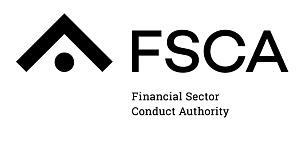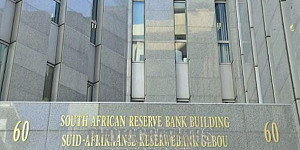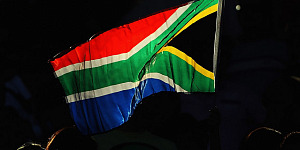South Africa’s consumer inflation increased for the second time in a row in February, inching closer to the Central Bank’s upper target. Economists in the country stated this could imply longer waits for rate cuts.
According to Reuters, headline consumer inflation rose to 5.6% year on year from 5.3% in January per South African statistics data.
Key contributors to the annual inflation rate include food, housing, transport, and miscellaneous goods and services like medical insurance.
The South African Reserve Bank which has an inflation rate target of between 3% to 6% will announce a monetary policy decision next week.
The inflation increase in the country surprised most analysts who stressed that it could lead to further delays in interest rate cuts by the Central Bank.
Shaun Murison, a senior market analyst at a financial institution based in Sandton shared his opinion on the increased inflation in the country.
- “The news doesn’t bode well for expectations of rate cuts in our local economy for the first half of 2024,” said Shaun Murison
A February poll showed the central bank is expected to wait until at least the third quarter of this year before announcing any interest rate cuts.
David Omojomolo, an African economist at Capital Economics said the stronger-than-expected inflation number will urge the Central Bank to hold on until after the national elections on May 29.
- “Officials will want to see some clarity in the make-up of the next government and the direction of fiscal policy before feeling comfortable lowering interest rates,” Omojomolo said.
General elections will be held in South Africa on 29 May 2024 to elect a new National Assembly as well as the provincial legislature in each province.
What you should know
- In South Africa, core inflation which excludes food and fuel prices, accelerated in February to 5.0% in annual terms from 4.6% in January.
- Prices for food and non-alcoholic beverages alone grew at a slower rate of 6.1% in February from last year, and those for housing and utilities increased by 5.8%.
- The annual price growth in transport costs accelerated to 5.4% from 3.6%, which is largely attributed to the overall increase in inflation.







































